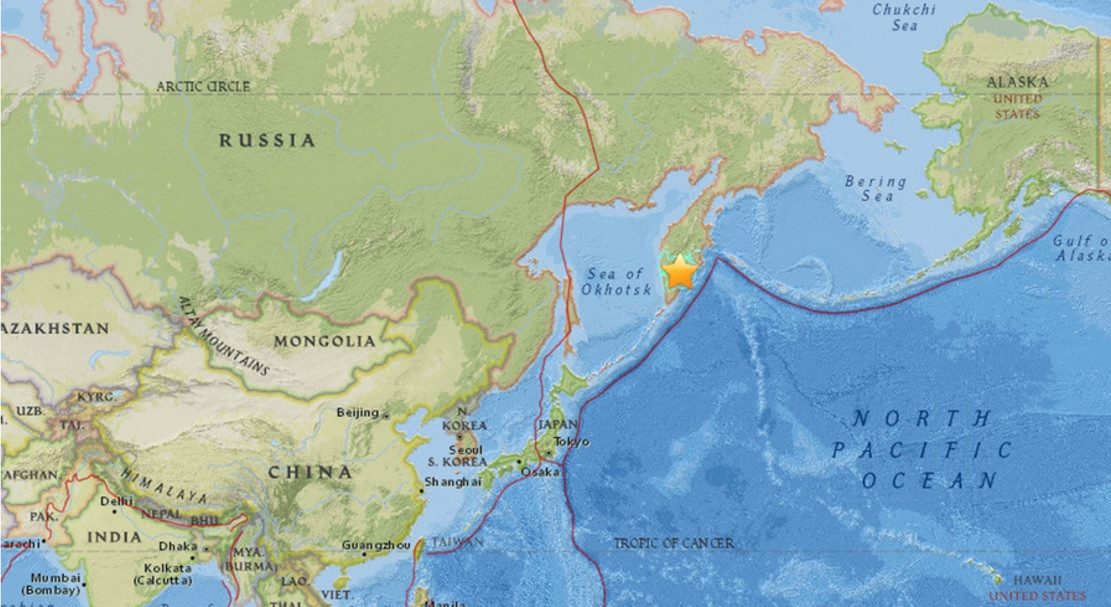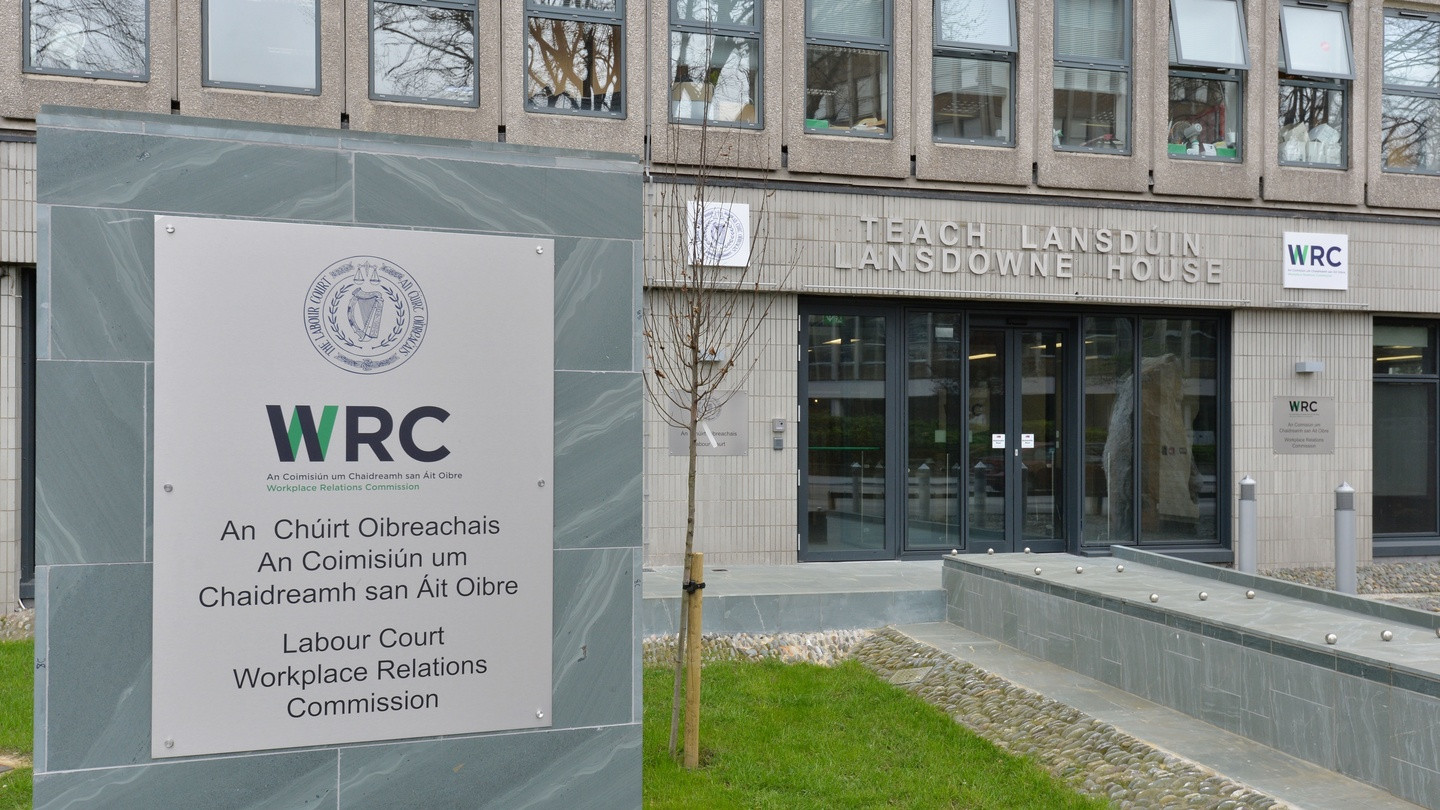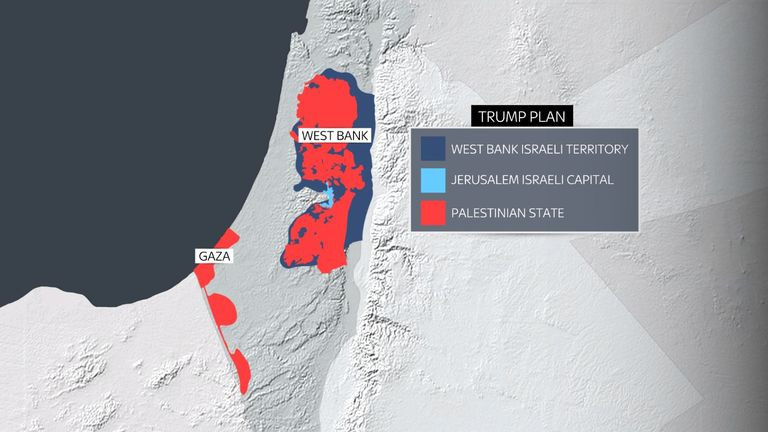A powerful 7.0 magnitude earthquake struck off the coast of Russia's Kamchatka Peninsula early Sunday morning local time, according to the regional earthquake monitoring service. The quake's epicenter was located approximately 103 kilometers east of Petropavlovsk-Kamchatsky, a coastal city with a population of about 165,000. The tremor, which had a depth of 29 kilometers, occurred in the early hours of August 18 local time, the US Geological Survey (USGS) said on its website.
The earthquake triggered the eruption of the Shiveluch volcano, located around 280 miles from Petropavlovsk-Kamchatsky. According to state-run media outlet TASS, the ash column from the eruption reached as high as 8 kilometers (5 miles) above sea level, accompanied by a gush of lava. While TASS reported no injuries, they stated that buildings were being inspected for potential damage, particularly social facilities.
The US Tsunami Warning System initially issued a warning for hazardous tsunami waves within 300 kilometers of the epicenter along the coasts of Russia. However, the Russian Emergencies Ministry did not issue a tsunami warning for the tremor.
The Kamchatka Peninsula lies on a seismically active belt surrounding most of the Pacific Ocean known as the "Ring of Fire." This region is home to more than two dozen active volcanoes, making it a hotbed of geological activity.
Earthquake's Impact and Aftermath
The earthquake was felt along the coast, including in the region's capital Petropavlovsk-Kamchatsky. While no major damage was reported, authorities are carefully inspecting buildings for potential structural issues.
The US National Tsunami Warning Center initially issued a tsunami threat but later said the threat had passed. Local authorities never issued a tsunami alert, despite the initial warning.
Following the initial quake, several aftershocks of lower intensity were recorded. The Kamchatka branch of Russia's Unified Geophysical Service reported on its website that most of these aftershocks were imperceptible.
Shiveluch Volcano's Eruption
The eruption of Shiveluch volcano was a dramatic event, with the ash column rising high into the atmosphere. While the ash plume could potentially affect air traffic in the region, there have been no reports of disruptions so far.
Volcanic eruptions are a common occurrence in Kamchatka, a region renowned for its volcanic activity. The Shiveluch volcano is one of the most active in the region, known for its frequent eruptions and potential for significant ash plumes.
Response and Precautions
The Russian authorities are closely monitoring the situation and have deployed rescue and firefighting teams to inspect buildings and ensure public safety. Local emergency services are on high alert, prepared to respond to any potential challenges arising from the earthquake or volcanic eruption.
The incident highlights the risks associated with living in seismically active regions. The region's inhabitants have a long history of adapting to and coping with earthquakes and volcanic eruptions, demonstrating resilience and preparedness in the face of natural disasters.
Lessons Learned and Future Considerations
The event serves as a reminder of the power of nature and the importance of preparedness in earthquake-prone areas. It also underscores the interconnectedness of various geological phenomena, where an earthquake can trigger volcanic activity, and vice versa. The scientific community will continue to study these events, seeking to better understand the complex interplay between earthquakes and volcanic eruptions and improve our ability to forecast and respond to such events.
This incident highlights the importance of robust emergency response systems and early warning mechanisms for communities located in regions prone to natural disasters. Continuous monitoring and technological advancements in earthquake and volcano detection are crucial in mitigating the potential risks associated with these events.
As investigations continue and more information becomes available, a clearer picture of the full extent of the earthquake's impact and the volcanic eruption's consequences will emerge.

















